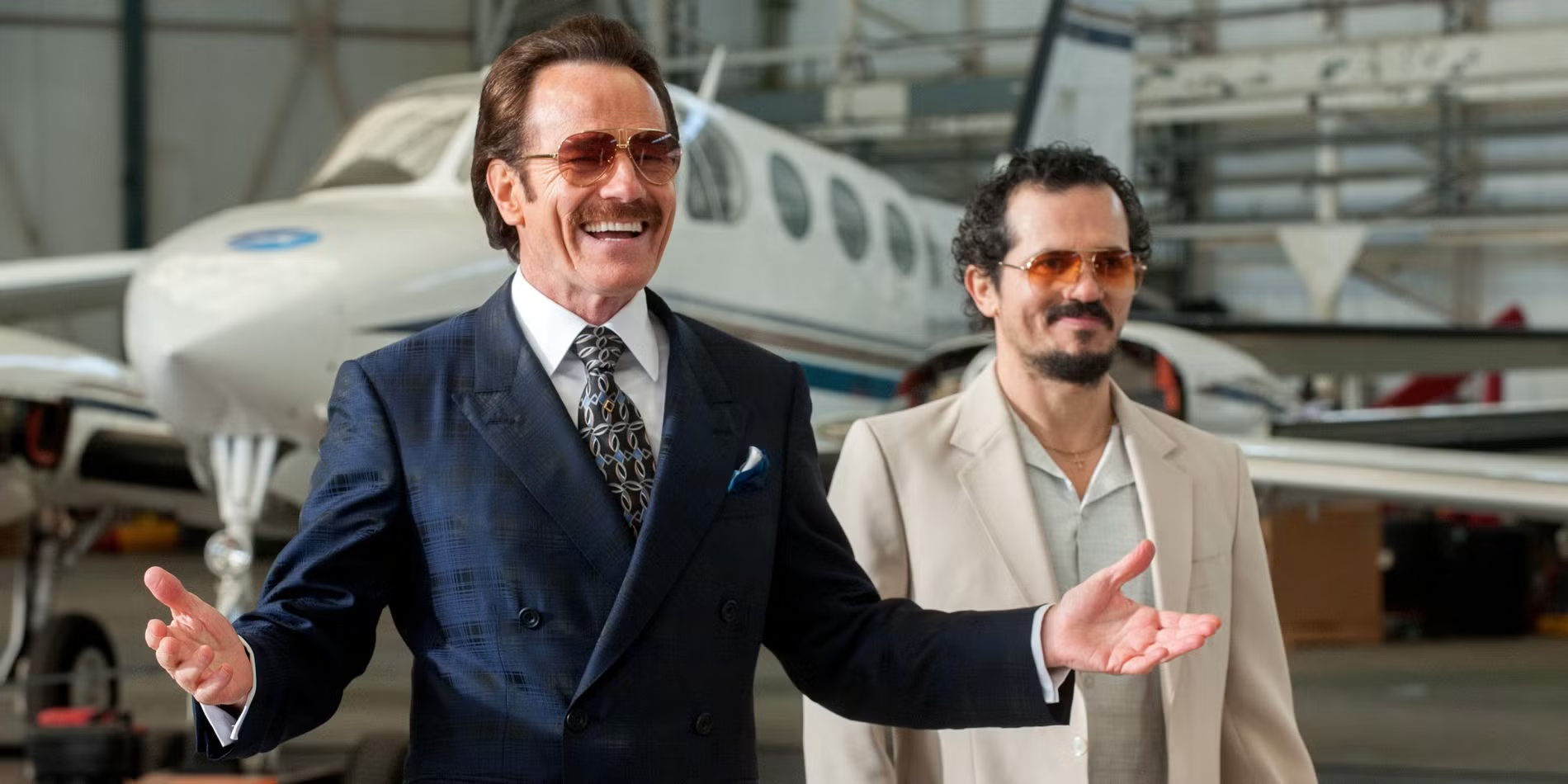Nicolas Maduro Moro beat Henrique Capriles Radonski by less than 240,000 votes. Still, a win is a win.
Must Maduro behave as if he lost?
Capriles, hot-headed, behaves as if he won. He has insulted Maduro and essentially encouraged violence by his supporters. He finds encouragement from the words of U.S. Secretary of State John Kerry, who continues to demand a recount.
Ironically, Kerry himself knows that post-election volatility, whether in Venezeula or here in the U.S., can lead to instability. That’s why Kerry never demanded a recount when he lost in 2004 to George W. Bush; many of his supporters believe Republican officials helped steal important states such as Ohio. Kerry also didn’t call upon his supporters to take to the streets. Kerry lost the popular vote to Bush, 48.3% to 50.7%, a margin similar to Capriles’ loss to Maduro.
Four years earlier, Kerry’s Democratic colleague, Al Gore had lost to Bush when the Supreme Court halted a partial recount and handed the Republican keys to The White House. On that occasion, Al Gore, who’d been Bill Clinton’s VP also set a statesman like example and called for the country to rally behind Bush even though millions of people up to this day believe Gore was robbed.
So why is Kerry, who is so well-schooled on the importance of avoiding rhetoric that could lead to instability now speaking carelessly? Had it been Capriles who had won by 240,000 votes would Kerry also be demanding a recount?
Does Washington want to install a presumably pliant ruler, regardless of the outcome of elections?
Regional powers such as Brazil have recognized Maduro’s victory. International observers have declared the Venezuela election credible, free and fair. Contrast this with the sham 2010 elections in Rwanda where the pro-U.S. dictator Paul Kagame awarded himself 94.3% of the vote — yet he was recognized by Washington.
So what’s really behind the hostility towards Maduro’s election?
Is this punitive U.S. policy to get back at Chavez who never minced words when it came to the chilly relations with Washington? Is it opposition over the populist Chavez policies that empowered marginalized communities with expansion of education and healthcare coverage and housing?
Is it resentment over the financial support and oil concessions that Venezeula extended to countries such as Cuba, Nicaragua, Bolivia, Haiti and others? Under Chavez, Venezuela provided tens of millions of dollars of heating oil even to low-income Americans.
Is it opposition to the new form of regional-cooperation, among South American countries that Venezeula has been promoting, that would in the long run reduce dependence on powers such as the United States?
Whatever the real reasons are, Secretary Kerry must weigh his pronouncement and assess the possible consequences carefully.
It’s a testament to Chavez’s legacy that the country remained stable even while he was suffering from terminal cancer. Chavez was such an out-sized presence and no contemporary Venezuelan politician will come close to matching his charisma and charm. He beat Capriles handily by 10% points before his health rapidly declined. Maduro may not be president today had Chavez not publicly endorsed him before his death. So in essence, Capriles lost a close vote to a man who had already departed this earth.
Venezuela needs peace, stability and reconciliation. The leadership sent signals of willingness to normalize relations with the U.S.
Rather than work with the newly-elected leadership, John Kerry decided to spit on Nicolas Maduro’s extended hand.


















Comments are closed.